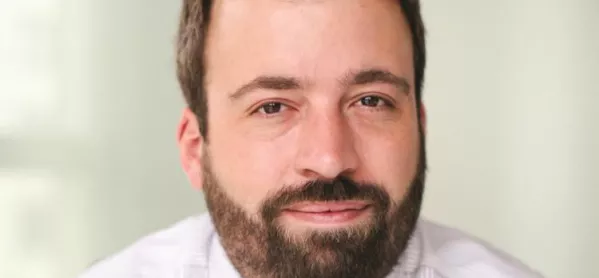The story won’t go away: Was Justine Greening’s replacement by Damian Hinds at the Department for Education last month partly motivated by a desire to push ahead with an expansion of selection in the English education system?
News now reaches my desk that it is indeed the case that Hinds is going to have to do “something” regarding selection - a policy that Greening, the first ever education secretary to have been comprehensively educated, notably dragged her feet on.
However, this position is no longer tenable. I understand that Hinds’ appointment came with it the commitment that the DfE would refocus on “delivering on the Conservatives’ manifesto commitments”.
While it is increasingly likely that Hinds will also plough on with at least some of Greening’s agenda - most notably the extension of QTS - he is now also expected to work on expanding selection and removing the admissions cap on new faith schools, which stops them selecting more than half of pupils on the basis of faith.
Grammar schools legislation
But what will an expansion of selection look like given that the creation of new 11-plus grammar schools would require legislation, legislation that the current House of Commons is very unlikely to pass given that Conservative MPs cannot muster a majority?
The most obvious solution would be to help and encourage existing grammar schools to set up satellite schools in neighbouring towns, or even neighbouring counties: these new “schools” don’t need legislation.
And then, of course, there’s the possibility of more super-selective sixth forms, which are so popular with Conservative Party education wonks.
Neither of these options represent the scale of reform that Theresa May and her lieutenants might have envisioned before they botched last Spring’s election - but they’re also not nothing.
Ed Dorrell is head of content at Tes. He tweets @Ed_Dorrell
Want to keep up with the latest education news and opinion? Follow Tes on Twitter and Instagram, and like Tes on Facebook




